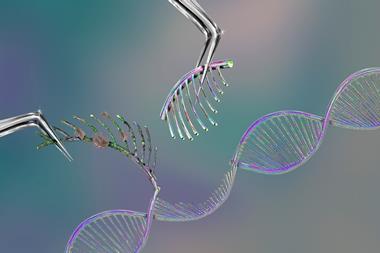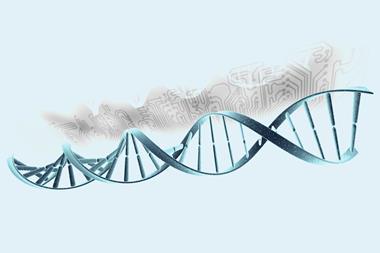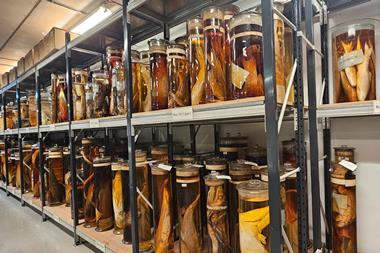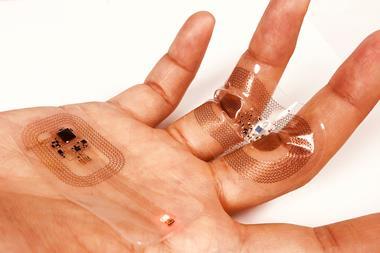Bacteria can influence insect behaviour by producing volatile compounds
A chemical analysis of cockroach faeces has revealed that bacteria in the insects’ guts may play an important role in influencing their communication. The bacteria produce a cocktail of volatile compounds that end up in the faeces and can attract other cockroaches, causing groups to swarm.
Researchers at North Carolina State University in the US analysed samples of cockroach faeces and identified 40 volatile carboxylic acids that act as attractants to immature cockroachs or nymphs.
When faeces from cockroaches without any gut flora was analysed, only minute traces of most of these compounds were founds, and 12 were absent altogether. Nymphs were much less attracted to the faeces of these cockroaches than that of a control group with their gut flora intact. But this effect could be ‘rescued’ by inoculating the cockroaches with a mixture of six species of gut bacteria.
The team say their study highlights the previously overlooked effect of gut flora in communication among insects. Next, they plan to investigate whether gut bacteria contribute to the development of scent profiles that are unique within a particular colony of cockroaches.
References
A Wada-Katsumata et al, Proc. Natl Acad. Sci. USA, 2015, DOI: 10.1073/pnas.1504031112












No comments yet